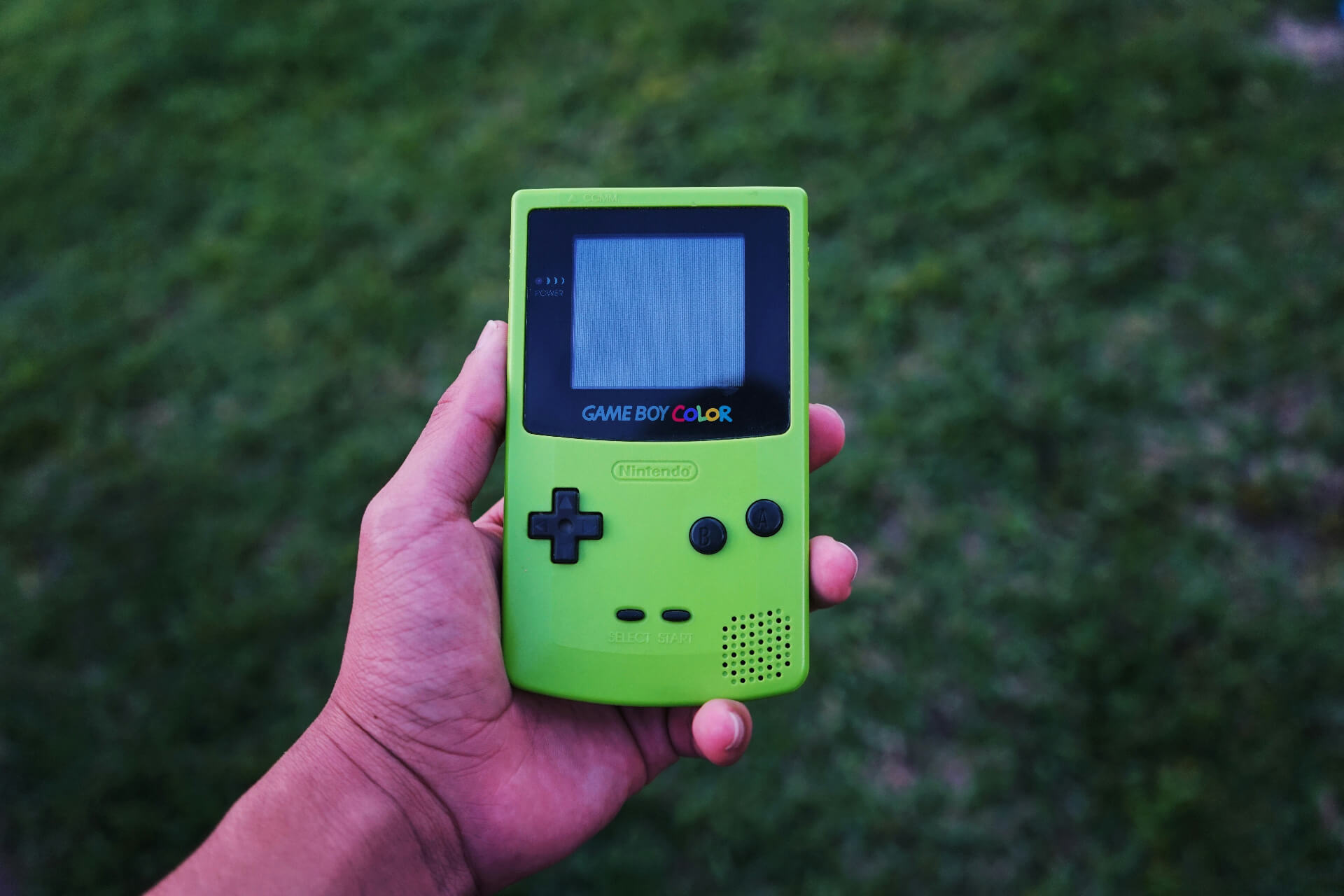
Pixels for the Planet: Are Video Games Bad for the Environment?
We are reader-supported. When you buy through links on our site, we may earn affiliate commission.
When most people think of industries destroying the planet, they think of fast fashion or data centers. They don’t often consider how entertainment sectors and their subniches are as equally important to analyze with an activist’s lens. This brings us to video games. Are video games bad for the environment? If they are, how? What should the big companies be doing to soften the blow?
The Environmental Impact of the Gaming Industry
In 2023, research determined there were around 3.07 billion gamers around the world. The number is on the rise every year for several reasons, including the accessibility of mobile games, growing interest in younger generations, and gaming hobbies adopted during quarantine in the Covid-19 pandemic. This means the greenhouse gas emission contribution of the gaming industry is also on an upward trend.
How much carbon dioxide does gaming produce? It is hard to say, primarily because so many gamers are using online services. This makes some carbon emissions contributions muddled with overall internet pollution. However, experts suggest the number could hover around 81 million tons of carbon dioxide annually. The suspected top contributors include Microsoft, Sony, Tencent, Apple, and more.
How can video games have this much of a negative impact? It all comes down to a few categories. Every influential aspect could be under the umbrella of energy overconsumption or exploitative raw material extraction — or both. Consider how much zinc, copper, and more are in your favorite console. Modern game systems are intense, using 34 terrawatt-hours in the U.S. every year and requiring rare-earth metals needing to be mined on their behalf. These are the most consumptive elements of the gaming industry:
- Streaming on platforms like Twitch and YouTube
- Online multiplayer gaming, which requires massive servers
- Hardware creation, such as consoles, controllers, and other peripherals
- Game disks, such as cartridges
- Cloud storage for save data
Many environmental influences occur at the corporate level when creating hardware and using resources. However, many gaming companies don’t consider Scope 3 emissions, which includes the impact the customer creates. This includes the lifetime emissions from energy consumption and end-of-life product management, which typically yields e-waste.

The Responses from Top Players
Most people are familiar with the Xbox, PlayStation, and Nintendo consoles — most currently, the Switch. Let’s see how these household names are responding to environmental criticisms.
Sony
The PlayStation 4 released in 2013. During its lifetime before the release of the PlayStation 5, it was the cause of 8.9 billion kilograms of carbon emissions. Actions need to happen. Some of their tech-based changes include changing to energy-efficient LED screens, developing a proprietary recycled plastic, and using Sony intellectual properties as sustainability ambassadors — like Angry Birds.
The company does publish a yearly Sustainability Report to catalog its environmental ventures. Some of their initiatives include:
- Instituting better diversity, equity, and inclusion statements.
- Evaluating its use of energy-intensive generative artificial intelligence.
- Abiding by sustainability compliances like ISO 45001 for most of its offices.
- Establishing a renewable energy target.
Nintendo
Like the other top gaming companies, Nintendo excels and fails in several areas. It is making their products simpler and easier to disassemble so it can extract and recycle materials. Some offices are getting LEED certified in energy efficiency. It is also using less packaging. Nintendo outlines its goals in an easy-to-find link on their site called Corporate Social Responsibility. It still has a ways to go before any of these are fully realized, among other goals like using green parts.
Nintendo is the most ethical player when it comes to sourcing critical minerals, which are resources mined from areas of conflict. Nintendo was 100% compliant on this year’s report, while Sony scored 69% and Microsoft had an 87% rating.
Microsoft
Microsoft’s material sourcing and some environmental pursuits have not been met with the most praise. An attempt at a carbon-friendly console actually made it perform less efficiently for gaming standards, putting a bad taste in the mouth of customers on eco-friendly considerations.
Fortunately, Microsoft is trying despite its shortcomings. Finding its sustainability goals is also relatively simple. They include:
- Using reclaimed materials for controllers.
- Becoming carbon-negative by 2030.
- Collaborating with fans, gaming developers, and organizations.
- Making zero-waste packaging.
How Can the Video Games Industry Improve?

The impacts of every company can be divided into two categories — manufacturing and on-site impact or data center and network impact. Most of the former’s pain points could be solved with supply chain transparency. However, most emissions from every company come from the latter.
This is the Scope 3 emissions referenced earlier. Gamers on the cloud, predominantly on PC, need these data centers to transfer and power their connections for a seamless gaming experience. Even a console relying on the cloud uses 156% more energy than if it didn’t. It doesn’t matter how energy efficient a home console is if connecting to these services still requires that much power. Companies are responsible for connecting with customers to educate them on how to reduce their Scope 3 emissions.
More companies should consider joining initiatives like Playing for the Planet, which was designed by the United Nations to decarbonize the gaming industry. This forces companies to make commitments based on expert suggestions. This usually requires sustainability reporting or carbon offsets to minimize their negative impact. The more companies that join this and similar causes, the more commonplace it will be to be an environmental activist in the gaming space.
What Can You Do?
Corporations are responsible for eliminating most of the industry’s impact. But, here are the most impactful ways you as the consumer can do when devoting your time in decarbonizing your personal gaming footprint.
Reach Out to Companies
While it seems like a fruitless endeavor, if enough people talk to Sony or Nintendo, then they will listen. It is the passion of the masses and the intensity of their concerns that will catalyze widespread change. You can also reach out to studios and developers to make sure they are using green servers and low-energy methods for making games.
Choose Native Digital Instead of Physical or Cloud
Are digital games better for the environment? Yes. While giving up physical hardware can be a collector’s nightmare, it might be the best move for the planet. Prioritize digital downloads in the future instead of physical discs or cartridges. Make sure they don’t require cloud connectivity to run.
Recycle Responsibly
Only upgrade to a new console if necessary. If you want to get rid of an old one, consider rehoming it to a friend or recycling it at a certified retailer. This prevents e-waste, metals, and chemicals from heading to landfill.
Minimize Peripherals
Console companies are being painted as the villains, but there is a significant impact caused by the peripherals industry too. From headphones to gaming chairs, there are tons of ways to manipulate consumers into spending more money and consuming more resources for the sake of the hobby. Try and ignore these impulse by buying less or purchasing secondhand.
Seek Repairs
Does one of your consoles sit collecting dust because it doesn’t work, or do you have a controller with a faulty joystick? Don’t throw it away or buy a new replacement. Go to a specialist to get it repaired to extend its life cycle. Some fixes are possible to DIY if you’re careful.

Are Video Games Bad for the Environment? Yes, But it Could Change
While video games have a lot of room for improvement, the industry is slowly making its way into a less consumptive and destructive future. With the advent of digital and cloud gaming, more ethically sourced hardware, and corporate social responsibility, the future looks brighter every year. However, companies and customers alike need to advocate for more aggressive measures so people can enjoy their favorite hobbies with no remorse.
Share on
Like what you read? Join other Environment.co readers!
Get the latest updates on our planet by subscribing to the Environment.co newsletter!
About the author
Maria Visser
Maria serves as the Assistant Editor of Environment.co. A true foodie and activist at heart, she loves covering topics ranging from veganism to off grid living.





